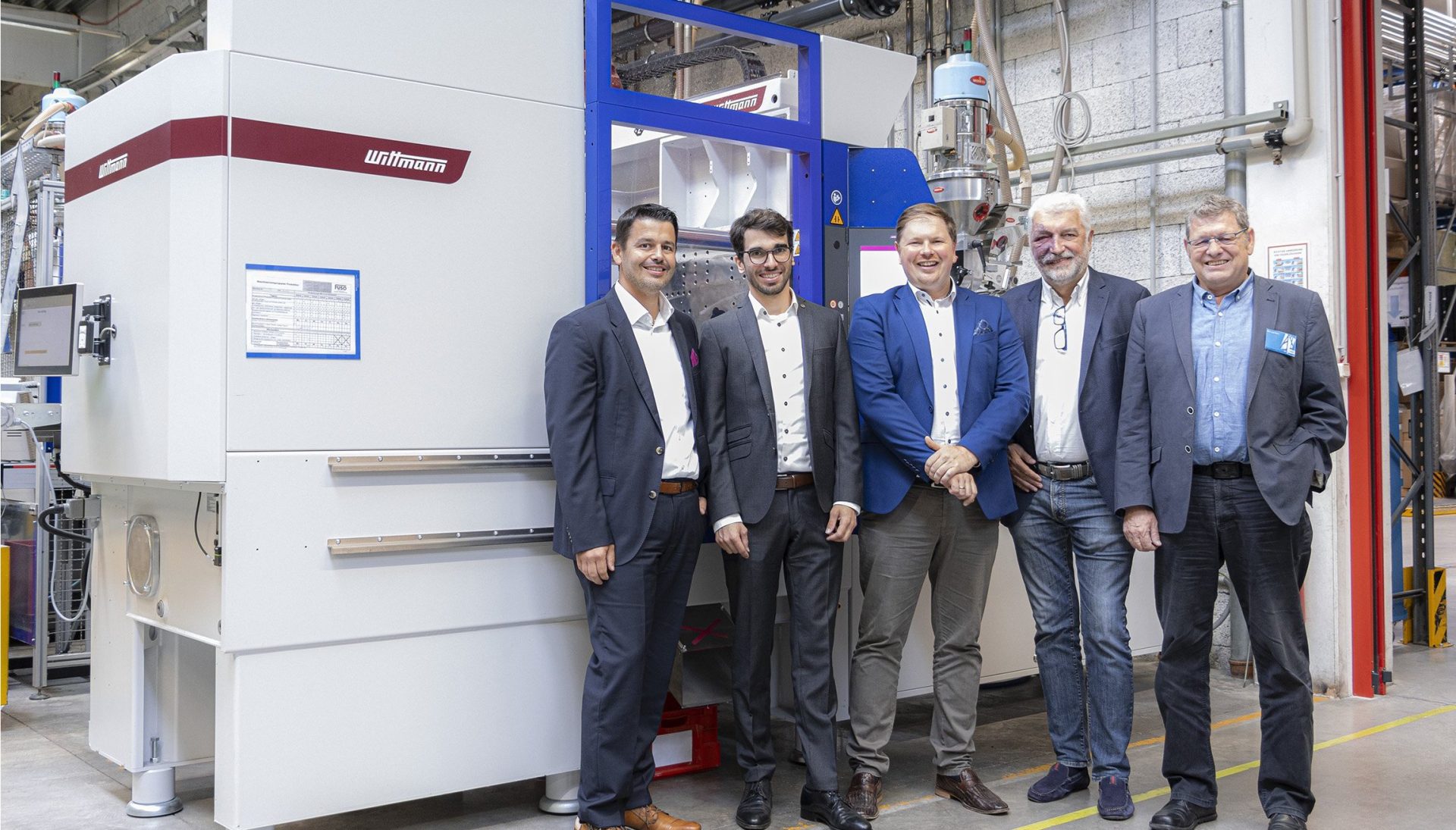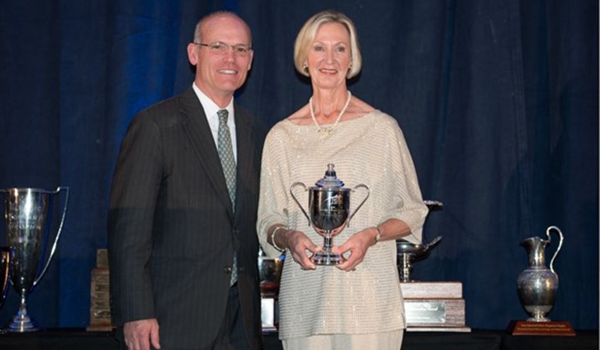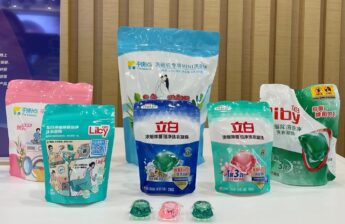From the left: Martin Stammhammer, Int. sales manager Robots, WITTMANN Technology, Maximilian Högn, CEO of FUSO, Klaus Großtesner, CSO of FUSO, Andreas Högn, majority shareholder and advisor, FUSO, Roland Pechtl, area sales manager WITTMANN BATTENFELD
Joh. Fuchs & Sohn – FUSO – was established in 1947 in Waidhofen on the river Ybbs in Lower Austria. In 1964, it started off into plastic injection moulding by producing the orange-coloured lids for Ovomaltine cans.
The family-owned company managed by its CEO Maximilian Högn and its CSO Klaus Großtesner makes highly sophisticated plastic parts from a great variety of materials, including high-temperature plastics, for many different sectors of industry, with about 80 workers on a production floor of just under 3,000 m².
The company makes a point of supplying technical plastic parts and assemblies to a solid, mixed industrial customer base. The various sectors served by FUSO include the automotive and railway industries, as well as consumer goods, electronics, medical technology, building construction, telecommunication, mechanical engineering and renewable energy generation.
To make all these parts, a number of injection moulding machines ranging from 450 to 5,200 kN in clamping force are in operation, 17 of which have come from WITTMANN BATTENFELD. Moreover, FUSO is also a long-standing customer of the WITTMANN Group for automation equipment, using more than 40 handling devices with load capacities from 5 to 30 kg, including No. 7 robots as well as latest No. 9 series models with R9 control systems.
The items produced range from micro parts weighing just 0.03 g right up to large parts weighing 2 kg. In addition to manufacturing complex plastic parts by 1- or 2-component injection moulding, the company offers insert moulding for functional parts, mounting of complete assemblies, as well as gluing and welding, plus decoration by 4-colour pad printing and laser printing, and 3D scanning for reverse engineering.
3D prints for rapid prototyping are also possible. Injection moulding tools and automation systems are planned, designed and manufactured in-house at the company’s own mould-making shop. For ecological purposes, the company has made a special point of installing tool-friendly cooling water systems. Further evidence of FUSO’s commitment to protecting the environment are waste heat utilisation and a photovoltaic system.
Requirements from the customer base concerning quality standards and attributes of the parts in terms of tolerances, outward appearance and materials used are constantly becoming more and more stringent. FUSO scores with purchasers by its extensive technical know-how and many years of experience in making high-quality parts and assemblies. This wealth of expertise enables the company to offer top-quality solutions which are both sustainable and cost-efficient. FUSO also stands out on the market by its high supply availability and reliability towards its customers.
With the rising demands from customers on the parts and assemblies produced, FUSO’s own demands on the injection moulding equipment used are also increasing. The company’s machinery is state-of-the-art, with a high level of automation on its production floor. All systems are fitted with matching robots to ensure careful parts handling.
In addition to a good price-performance ratio, FUSO requires from injection moulding machines above all stability, as well as easy access for servicing and cleaning, a smooth, easy-to-clean surface, user-friendliness in operation and a high standard of repeatability. Other factors gaining increasingly in significance are the machines’ energy efficiency, their networkability with robots and auxiliaries and availability of assistance systems.
Last, but not least, the quality of the after-sales service including the possibility of using an online service also play an important part in the purchasing decision according to Klaus Großtesner. In the acquisition of robots, easy programmability is a top priority in addition to all other criteria which are also applicable to the machines.









